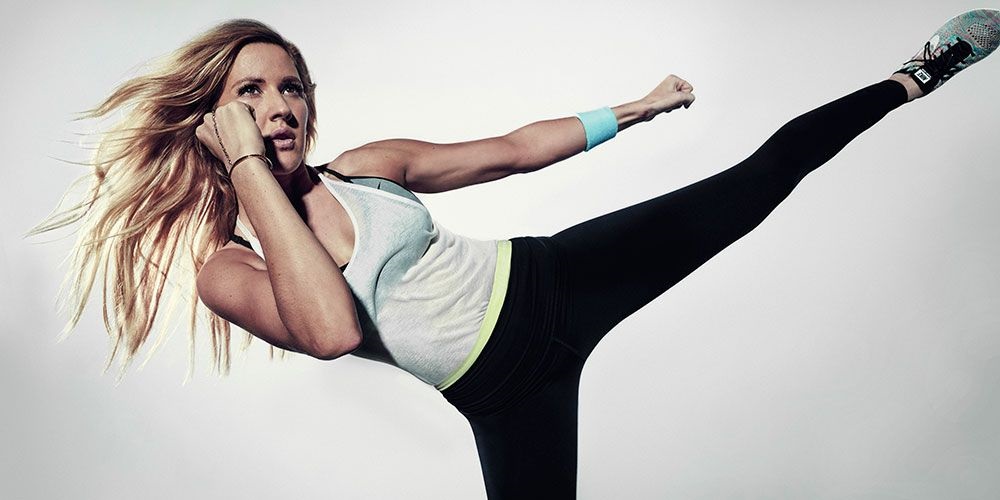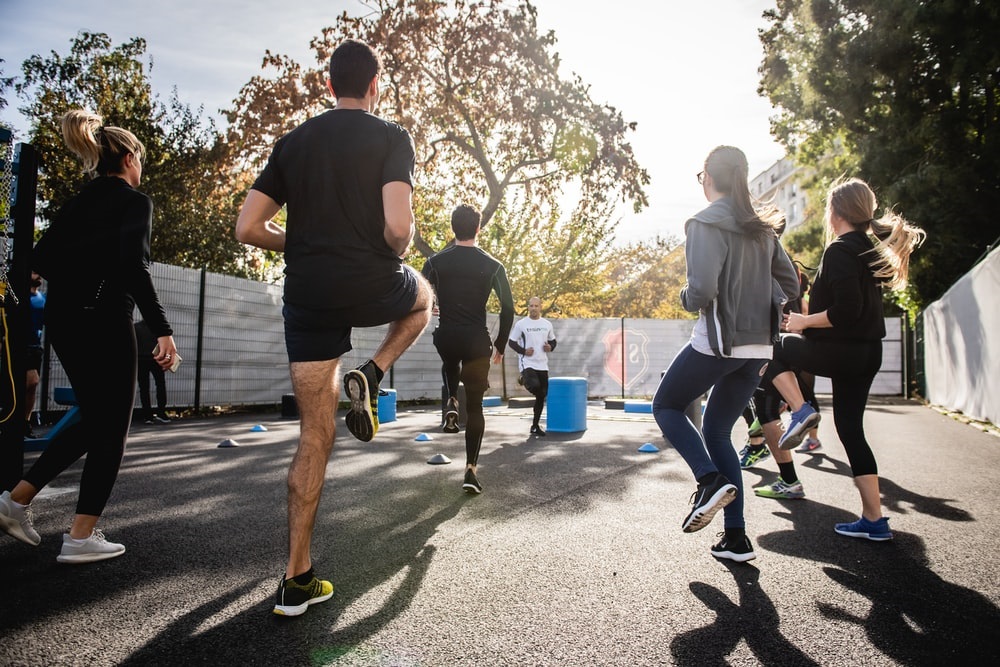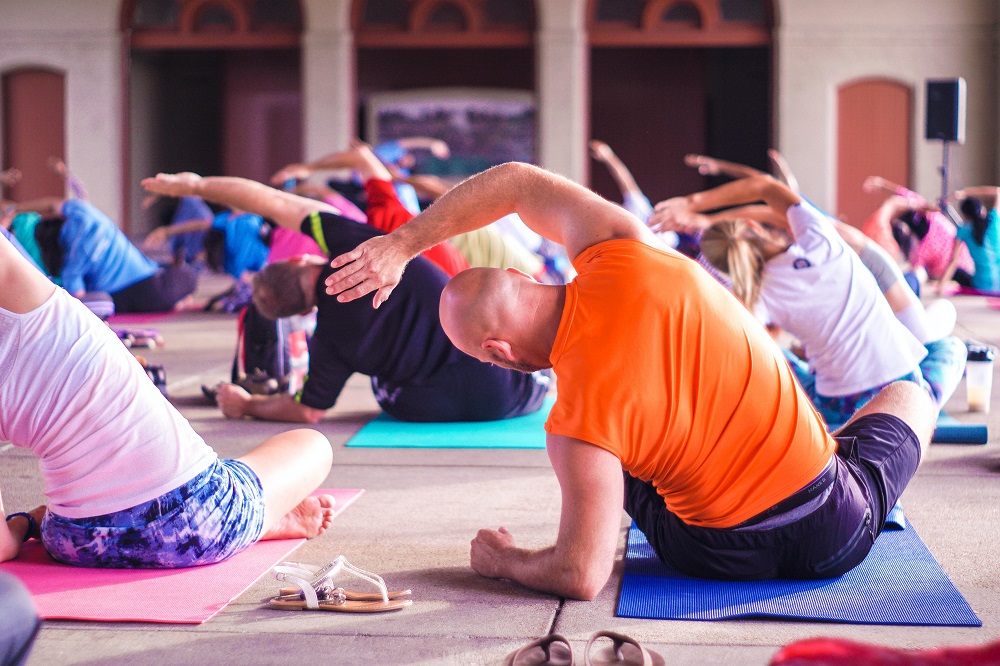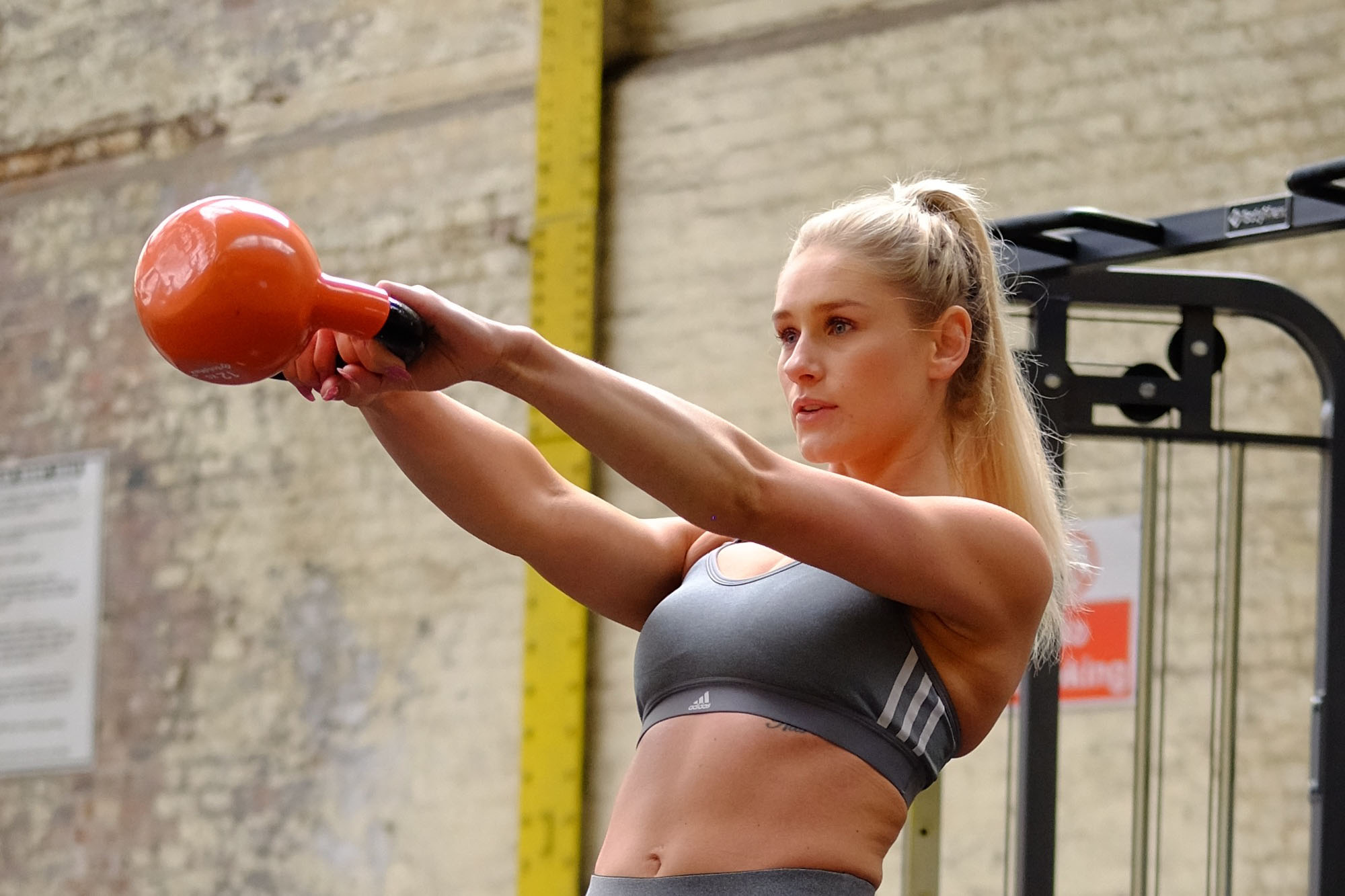What Are The Reasons For Exercising?
Step right up! It’s the miracle cure we’ve all been waiting for! It can reduce your risk of major illness, such as coronary heart disease, strokes, type 2 diabetes and cancer and lower your risk of early death by up to 30%
It’s free, easy to take, has an immediate effect and you don’t need a GP to get some. It’s name? Exercise.
Not our words, but the words of our NHS, more of which you can find here.

On the 10th anniversary of National Fitness Day, we are going to take a closer look at the many reasons people exercise and what that can do for your physical and mental health.
This year, ukactive are focusing on; ‘Fitness Unites Us’ aiming to raise awareness that fitness is for everyone & anyone, with free courses and classes available across the UK for 1 day only, which you can find here.
MENTAL HEALTH
A massive subject at the moment is mental health and well-being, particularly but not solely in young people, mostly due to the effects of the pandemic.
However, exercising can play a massive part in helping with mental health. Something as simple as a run, a walk, a round of golf or even a kick about down the park with your mates, there are hundreds of options.
Sticking to a daily or weekly regime of exercise will allow you to focus on something other than work or personal situations, exercise can really help be the escape.

Exercising can play a leading role in dealing with mental health issues such as anxiety or depression and a number of high-profile celebrities around the world have openly shared their struggles to help motivate others around them and their millions of fans and followers.
Singer Ellie Goulding has also spoken in the past about her mental health & fitness, sharing:
“Keeping fit doesn’t mean spending hours at a gym; the key is to find a workout you really love,” she wrote in an essay for Well + Good.

“The more I started doing classes and also working out with my trainer, the better I felt about myself. Now that I believe in myself more, that confidence comes through, whether I’m working out, singing onstage, or just hanging out by myself at home.”
As recently as the Olympic games in Tokyo we saw another example of making sure that the most important person to look after is yourself. Gold medal favourite and multiple Olympic and World Champion Simone Biles stepped away from most of her events saying:

“It hurts my heart that doing what I love has been kind of taken away from me to please other people, the team was totally prepared, but it just sucks when you’re fighting with your own head.
Like, you want to do it for yourself but you’re still too worried about what everybody else is going to say. At the end of the day I have to do what was right for me.”
REDUCING STRESS
Stress is a massive topic, and can effect everybody differently in different ways.
Earlier this year in April, we highlighted some of these during Stress Awareness Month, more of which you can find here.
Exercise and fitness can act as a release and help focus your mind, in turn reducing stress levels.
Some of the best forms of exercise for stress relief are found to have been; biking, jogging, walking or running on the treadmill, rowing and weightlifting. These have been identified by many experts in the fitness industry as effective forms of reducing stress levels and anxiety releasing those feel-good chemicals in your body. There is no better feeling than getting through a tough, gruelling workout knowing you are banishing those stresses and doing something positive for your mind and body.

Commonly, we are advised to take part in a minimum of 30 minutes of exercise at least 5 times a week, this includes at least 2 sessions of muscle-strengthening, such as lifting weights or training with resistance bands (try a workout by clicking here). You should try and give all your major muscle groups a good workout, including your arms, shoulders, chest, back, legs, abs and other core muscles.
A full range of stress relief products that can help you are available here.
CONFIDENCE
Going into a gym environment isn’t for everybody, it can often be intimidating or nerve-racking. This is one of the reasons that so many people opt to workout in the comfort of their own home, where nobody can ‘watch’ them.
Nobody should be nervous about working out, fitness is for everyone and should be enjoyed by everyone.
Putting a positive spin on it, exercising is a great way to boost self-confidence. Back in 2019, Jazzercise.com wrote a piece on their community blog that highlights this perfectly, they noted:
You Feel Better
Exercise is good for your body and mind. It can help you break out of bad habits like poor diet choices, overeating and being sedentary. When you feel better physically, you feel better mentally.
You Feel Stronger
Exercise helps to control weight and reduce stress, depression and anxiety. When you have physical strength, you often gain mental strength.

You Gain a Sense of Accomplishment
Exercise is about setting and achieving goals. The success of creating an exercise routine and sticking to it brings you a sense of achievement.
You Have Improved Self-Image
Regular exercise helps build confidence by improving our body image. While exercising you’re likely to strengthen and tone your body, and seeing these results can greatly improve your self-esteem and help you feel better about the way you look.
You Have Increased Brain Power
Exercise makes you smarter. When you do aerobic exercise, you feed your brain with valuable nutrients and oxygen, improving cognitive function.
SOCIALISING AND LEARNING
More and more, we are seeing increasing levels of group training, bringing people together to train, which in turns helps to motivate and push everyone taking part.
The most popular of these is arguably ‘spin classes’ & ‘bootcamp‘ programs. During the opening up, we saw groups of people meeting in parks and green spaces more than ever, with PT’s leading their clients in outdoor classes.
This is a superb way of getting out in the fresh air, meeting new people and working together to increase your friendship group, boost your confidence and learn some new ways to exercise, using equipment you might be less familiar with.

5 of the biggest benefits of group exercising are:
The main social benefit of group exercise classes is that it helps to reduce loneliness, exercising as part of a group provides the opportunity to interact with others, meet new people, and even make new friends.
- Group exercise is an opportunity to develop/improve and utilise your social skills. Depending on the type of exercise that you take part in, skills such as teamwork, leadership and communication can come into play.
A big mental benefit of group exercise is that it reduces stress. Levels of stress, especially in modern society, are quite high as we have a lot to manage on a day-today basis.
Exercising in a group can improve your cardiovascular fitness. With a wide range of activities and classes to choose from, there are plenty of options to get you moving.
Structure and variety – you might think that they kind of contradict each other however, group exercise provides structure in the form of a regularly scheduled class/training session.
National Fitness Day this year has partnered with TRX Training and to find out more about TRX click here.
The most important thing to take away from National Fitness Day and the reasons why we exercise in different ways is to remember that however you enjoy being active, find something that works for you and make that commitment to stick to it!
References:
Vogue.com, origympersonaltrainercourses.co.uk, BBC, jazzercise.com, NHS, ukactive, National Fitness Day & Huffington Post.













Post Comment